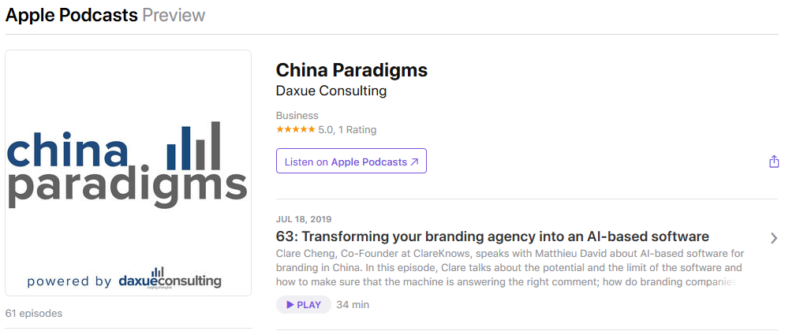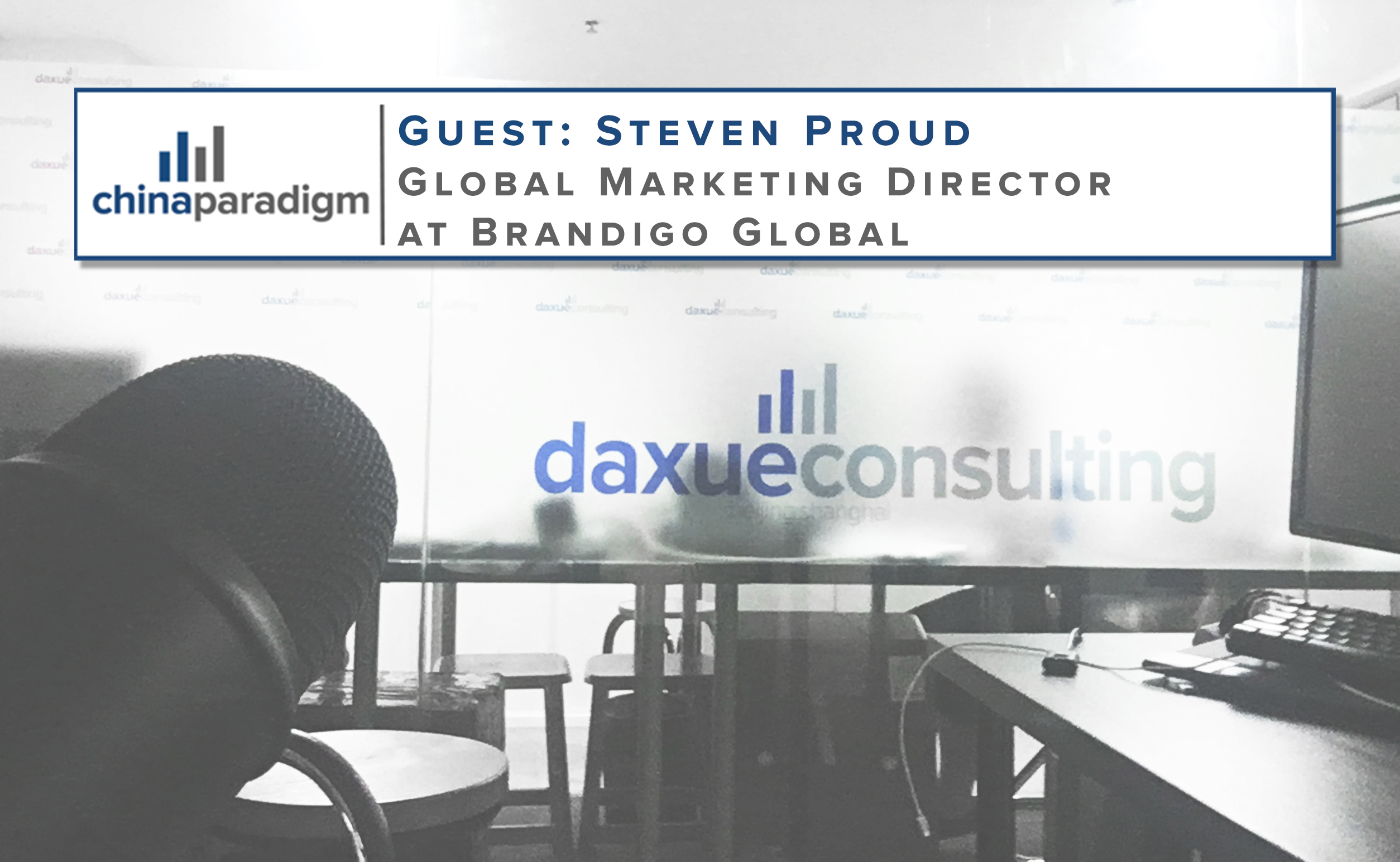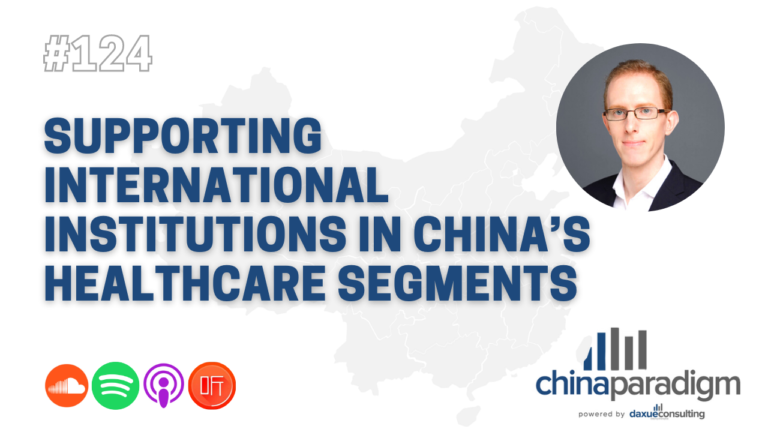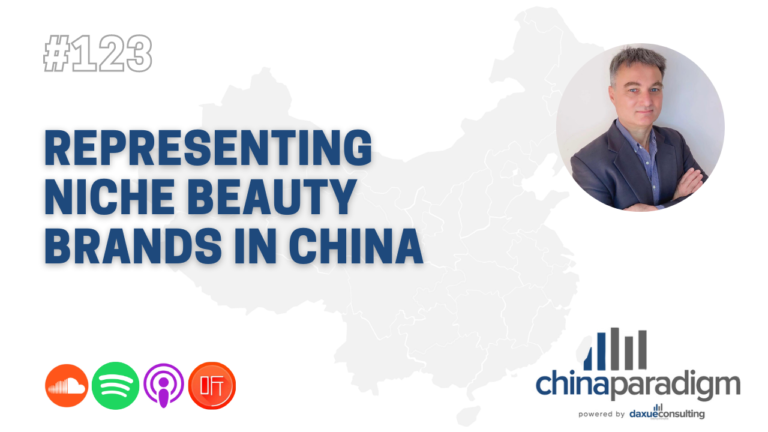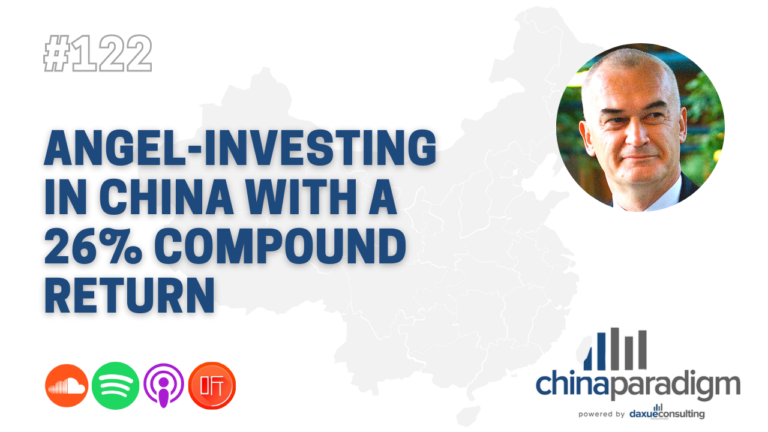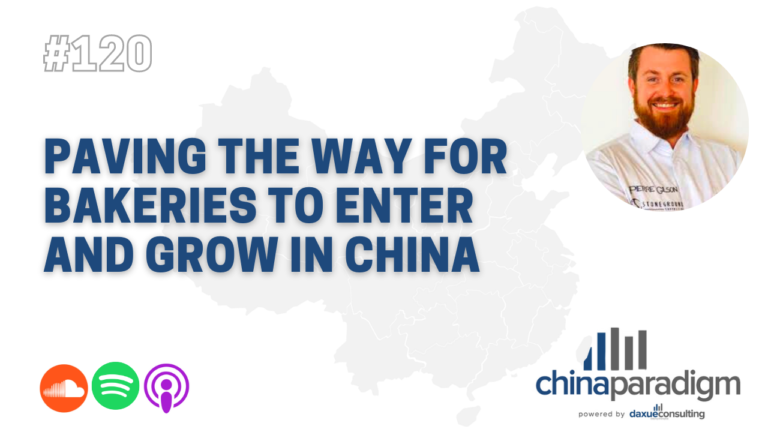China Paradigm interviewed Steven Proud, marketing director of Brandigo Global in China to have a better understanding of leveraging B2B business in China and clarify how the Chinese social media function in B2B business.
Steven Proud, an experienced specialist in leveraging B2B business in China
Steven has been working as the global marketing director at Brandigo Global since 2018. At the same time, he is doing a Master in Management at the University of Liverpool.
Steven Proud is an experienced consultant in helping companies come into China, especially in assisting multinational companies to develop B2B business in China. Through working with every member of the client’s company, Steven is able to offer a well-thought-out strategy for the Chinese market.

Brandigo develops a creative brand advertising in China
Brandigo has been in China for 14 years. Before becoming Brandigo, it was established as an agency called Adsmith by Mike Golden.
Being part of E3 Network (consisted of multinational B2B specialist agencies) and with the long history in China, Brandigo is trusted by many foreign companies. There are large numbers of multinational companies coming to Brandigo for help when they plan to come into the Chinese market: if you want to learn more about this switch listen to Steven Proud’s interview here.

In order to clarify clients’ objectives, consultants from Brandigo will at the fist stage join the clients’ teams and have a discussion with their members:
“The way we like to do it, it’s not just with senior members of the organization. You have everybody who has something to do with a brand, and you talk about what they want their brand to be and what they want their brand to mean to people.”
From this perspective, creating a brand is the very first thing that Brandigo helps clients with. Apart from that, Brandigo also does research on behalf of their client companies to know what the market looks like and what customers are expecting. Among various approaches to brand advertising in China, Brandigo has its focus on Chinese social media, and therefore being regarded as one of the most reliable agencies to reach Chinese customers.
Different approaches to brand advertising in China
Traditional way vs new digital way: picking the right tools
According to Steven Proud, many companies came to them with a ‘cool new digital’ brand strategy in mind. Sometimes it may not be that effective as they thought it could be, and as a consultant, one of their missions is to push back on what clients would like to do.
“Everybody thinks it’s really cool to have all of these new ways of collecting data and analyzing.”
However, Steven Proud maintains the insight of making full use of traditional way to do brand advertising in China, for example, setting out ‘brochures’ at exhibitions in China could be more effective than digital approaches. If most targeted customers will show up at the exhibitions, it makes sense that the oldest-fashioned brand advertising in China could beat against the new digital way.
Be more focused and targeted: choose the right channel
Steven Proud has compared B2B with B2C in different approaches to reaching their audiences. For B2B companies in China, what they need to concern about is not the mass-market but people’s careers. He came up with the example of ‘National Instrument’ coming into China:
“Let’s think about how we can narrow things down and use relevant platforms, relevant channels, relevant content that is going to resonate with that very specific audience and change the behavior in the way that you want it to.”
Therefore, in answering Matthieu David’s question about how agencies view Baidu’s function in marketing, Steven claimed that although Baidu is not usually viewed as an important channel in B2B business, but it’s worth a try when our audiences are frequent users of Baidu.
Steven Proud makes explicitly clear that to consider channels, through which to develop B2B business in China, the best way is to be more focused and targeted, as it is so different from attracting as many customers as we can in the B2C model.
WeChat in Chinese B2B business
To create a pull
Steven continued to talk about the blurred distinctions of B2B and B2C in the Middle Kingdom. If a company is aimed at developing B2B business in China, they need to take B2C marketing into account. Nowadays it is clear that WeChat has become an essential attribute of life in China, thus, it is reasonable to consider using WeChat in Chinese B2B business to create a pull.
Although Brandigo is still focusing on B2B business in China, for example, in helping UK companies grow sales in the Chinese market. On the one hand, it is necessary to contact China’s distributors directly; on the other hand, it is also a good way to conduct influencer marketing, especially on social media, because the customers attracted on social media will give a pull in its B2B business. Among various social media platforms in China, WeChat is generally a reliable channel to develop B2B business:
“Even though we’re B2B, you are missing too many tricks if you are not focusing a lot of your resources on WeChat.”
To launch an influencer marketing on WeChat
As mentioned above, Steven Proud also shared his insight on influencer marketing on WeChat: it is not necessary to focus on celebrity influencer when doing brand advertising in China. Whereas we need to take the characteristics of our customers into consideration, sometimes, academic influencers could also have great impact on attracting potential customers. It’s worth considering what type of influencer and what kind of access are more suitable for specific B2B business in China:
“Even something like influencer marketing on WeChat in China, we have to be more niched, we have to be more targeted than some of the other types of marketing.”
Listen to China Paradigm in iTunes
